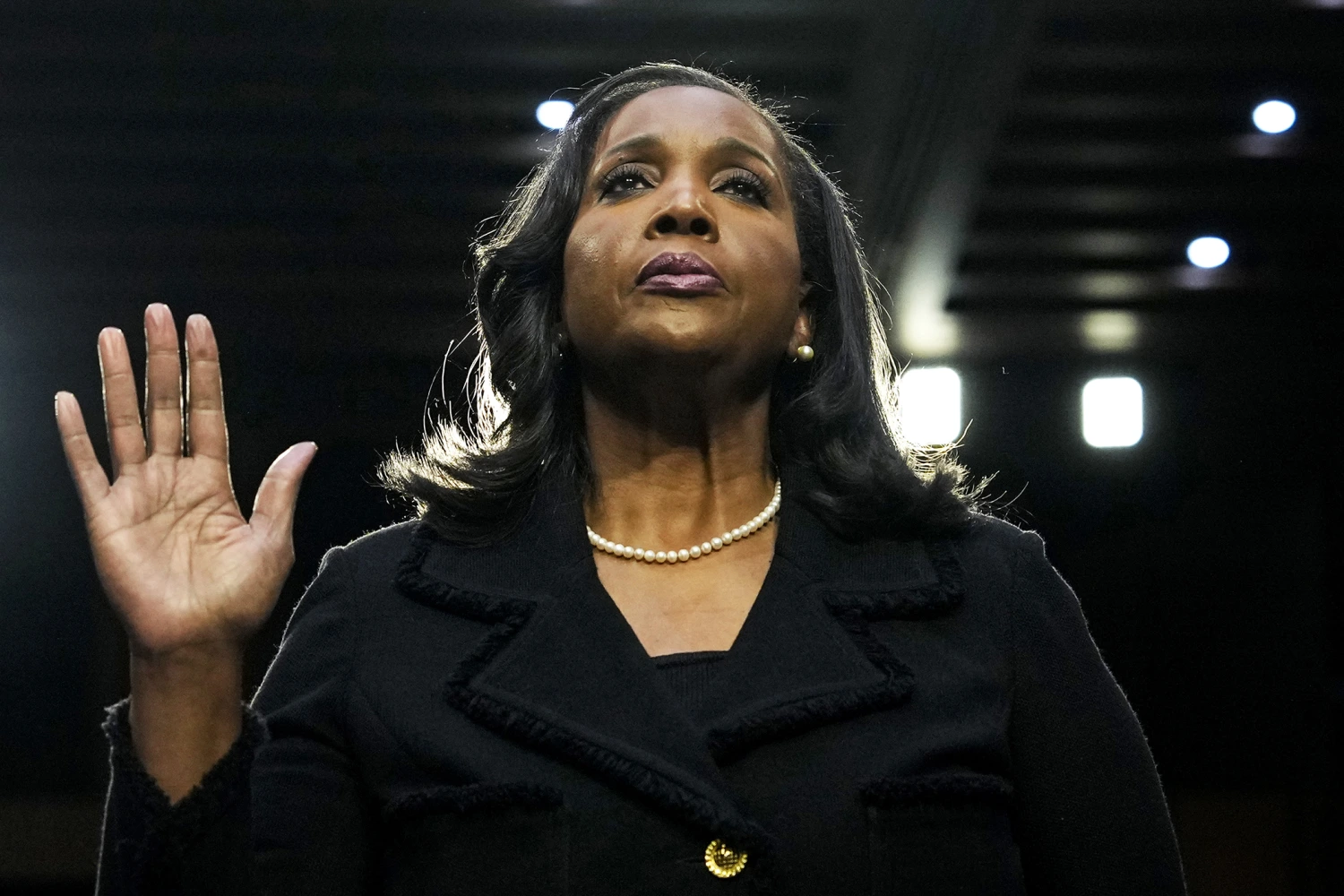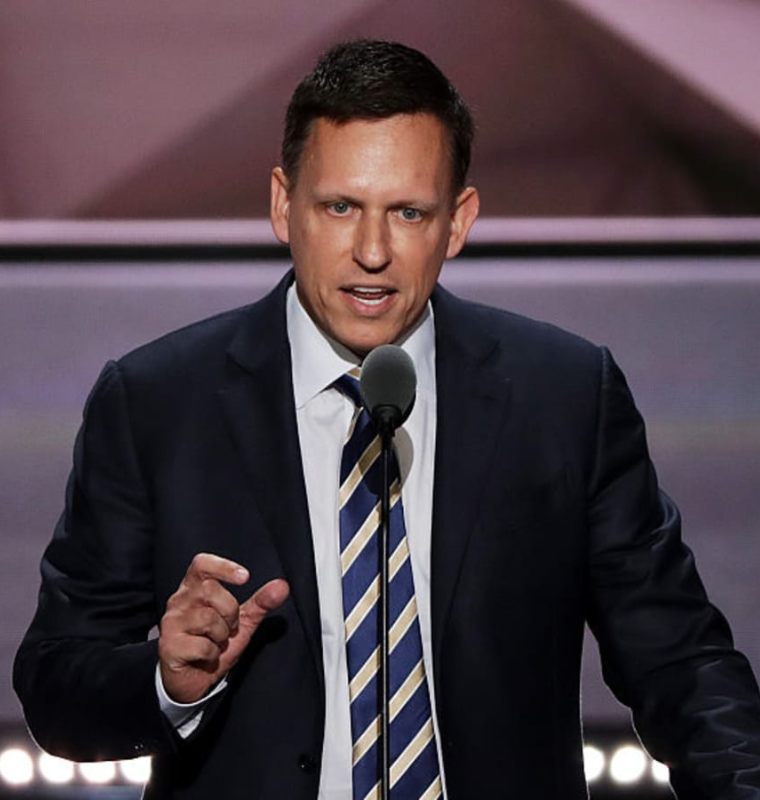Trump Temporarily Blocked From Removing Fed Governor Lisa Cook
Trump Temporarily Blocked From Removing Fed Governor Lisa Cook
By
Calder Monroe
Last updated:
September 10, 2025
First Published:
September 10, 2025

Lisa DeNell Cook is sworn in during a Senate Banking nominations hearing in Washington on June 21, 2023.Drew Angerer / Getty Images file
A federal judge has stepped in to block President Donald Trump from firing Federal Reserve Governor Lisa Cook, marking a significant moment in the ongoing battle over central bank independence. The ruling ensures that Cook will remain in her position while a lawsuit challenging her removal plays out in court.
Judge’s Decision and Its Impact
U.S. District Court Judge Jia Cobb issued the injunction late Tuesday night, emphasizing that the stability and independence of the Federal Reserve outweighed the administration’s arguments for her removal. In her written decision, Cobb noted that Cook “made a strong showing” that her termination violated the Federal Reserve Act’s “for cause” requirement. That provision, the judge explained, only permits removal based on conduct directly tied to behavior while in office—not on prior actions.
The allegations at the center of this case stem from mortgage documents Cook signed before joining the Fed. President Trump, citing suggestions from Federal Housing Finance Agency Director Bill Pulte, claimed these amounted to mortgage fraud. Cook has firmly denied any wrongdoing, and her attorneys argue that the allegations are politically motivated.
Political Stakes and Historical Context
This legal battle marks the first time in U.S. history that a sitting president has attempted to remove a Federal Reserve governor for “cause.” Cook, appointed in 2022, also holds historic significance as the first Black woman to serve on the Fed’s Board of Governors. The Supreme Court is widely expected to weigh in eventually, given the unprecedented nature of the case.
For now, Cobb’s ruling means Cook will participate in the Federal Open Market Committee’s next meeting beginning September 16. With inflation cooling and growth data mixed, markets are watching closely as the Fed is expected to announce a rate cut at that two-day meeting. Cook’s vote could play a decisive role.
Trump’s Pressure on the Fed
Trump’s attempt to oust Cook is part of a broader clash with the central bank. He has long criticized Fed Chair Jerome Powell for not cutting interest rates aggressively enough. Over the summer, Trump even explored whether he could legally fire Powell—a move that drew sharp warnings from economists and lawmakers about destabilizing global markets.
By replacing Cook with his own nominee, Trump could tilt the balance of the seven-member Board of Governors. Currently, several seats are held by his appointees, and a Cook replacement would strengthen his influence over monetary policy.
Senate Dynamics and Next Moves
While the court case unfolds, Trump continues to shape the Fed’s leadership. The Senate Banking Committee is scheduled to vote on Stephen Miran, currently Chair of the Council of Economic Advisers, as a nominee to the Fed board. If confirmed, Miran would succeed Adriana Kugler, who resigned unexpectedly in August.
The White House remains defiant. In a statement, spokesman Kush Desai said Trump’s action was lawful and based on “credible allegations of mortgage fraud,” adding that the administration would “continue to work to restore accountability and confidence in the Fed.”
Cook’s legal team, led by high-profile attorney Abbe Lowell, welcomed the court’s decision, warning that allowing the president to remove her on “unsubstantiated and vague allegations” would undermine the rule of law and financial stability.
What This Means for the Fed and the Economy
The case raises broader questions about how independent the Federal Reserve can remain in an era of deep political polarization. Analysts warn that any perception of political interference could rattle markets, weaken investor confidence, and complicate the Fed’s delicate balancing act of fighting inflation while sustaining economic growth.
With the next policy meeting only days away, investors and economists will be watching not just interest rate decisions, but also how this battle between the executive branch and the central bank unfolds. The stakes are high: the Fed’s credibility, the future of its independence, and potentially, the trajectory of the U.S. economy itself.
Popular articles
Subscribe to unlock premium content
Naval Ravikant The Angel Investments That Quietly Made Him a Multimillionaire

Rising From the Rubble Lessons From Billionaires Who Failed 10 Times Before Success

Peter Thiel How His PayPal Ventures Paved the Way for Palantir’s Billion-Dollar Success

Naval Ravikant The Angel Investments That Quietly Made Him a Multimillionaire

Rising From the Rubble Lessons From Billionaires Who Failed 10 Times Before Success

Naval Ravikant The Angel Investments That Quietly Made Him a Multimillionaire









